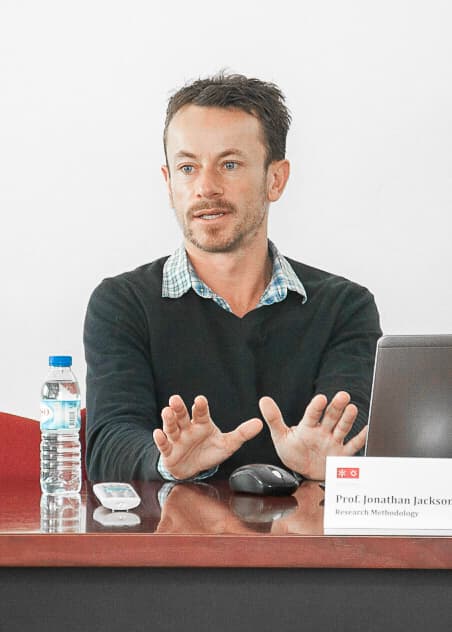Jason W. Sunshine, Founder
Jason is a chess enthusiast whose love for the game far outweighs his playing strength. Jason was introduced to chess when he found his college roommates playing, and was immediately captivated. Shortly after, Jason found himself spending as much time as he could playing blitz games in New York City’s Washington Square Park. Family and career became priorities and chess playing was put on the back burner - for 20 years!
Upon returning to chess, Jason resolved to commit time to serious study and play in regular tournaments, something he had not done in the beginning. In trying to develop a training plan for himself, Jason was quickly overwhelmed by the enormous amount of chess materials available and conflicting advice on the best training methods.
To get to the bottom of what has been proven to work, Jason turned to the science of expertise and National Master Ian Harris, and the idea to create a better chess training system was born.
For the past 15 years Jason has been a practicing attorney and obtained his law degree from Fordham Law School. Jason also holds a Master’s degree in research methodology from the London School of Economics and Political Science and a Doctorate in Law and Society from New York University.




